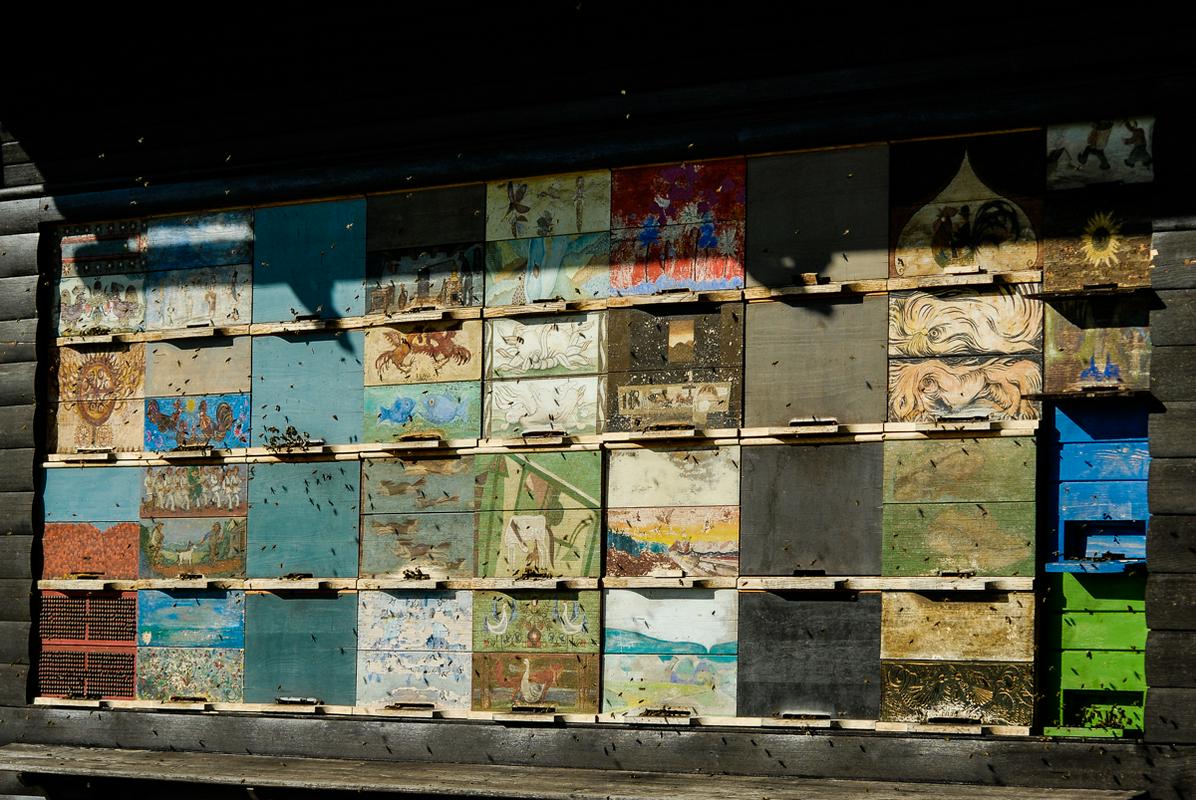Slovenia is quite literally a land of milk and honey. Not only do its pastures abound with dairy cows that make Slovenia a leading milk producer, but the country is also known for the quality of its honey. That quality is a result both of Slovenia’s landscape and its long tradition of apiculture.
In fact, one of the pioneers of apiculture on a global scale was Slovenian. Anton Janša was born in the mountainous Gorenjska (Upper Carniola) region of modern-day Slovenia in 1734. His family owned more than a hundred beehives, and despite his talent for painting, he decided to devote his life to beekeeping. He became a professional beekeeper, and his talents eventually brought him to Vienna, where he taught apiculture.
Janša changed the face of beekeeping. He pioneered a new beehive design, defined the role of drones and queen bees, perfected the techniques for the production of buckwheat honey, wrote numerous books on apiculture, and traveled the Hapsburg Empire sharing his knowledge. Putting his artistic talents to use, he even popularized the Slovenian tradition of inventively painted beehive panels.
Janša’s talents soon caught the attention Empress Maria Theresa herself. She named him the official beekeeper of Augarten, her imperial garden. After his death, his books became the official textbooks of apiculture throughout the Hapsburg Empire.
Slovenia was not only the homeland of leading beekeepers but also to a subspecies of bee: apis mellifera carnica or the Carniolan honeybee. Originating in the province of Carniola in the Slovenian heartland, this subspecies is prized around the world for needing little food, producing large amounts of honey, having a great sense of orientation, and being relatively docile. The excellent characteristics of the species have led to its widespread adoption; it is now the second most common honeybee in the world.
However, Slovenian apiculture has also had its share of challenges. In recent years, many bee hives in Slovenia died off in mysterious circumstances. After examinations showed that pesticides were to blame, Slovenia became one of the first nations anywhere to limit some of the most harmful types of chemicals. However, many activists want more comprehensive restrictions. The die-offs serve as a reminder for Slovenians that a clean environment is essential for one of the country’s most precious treasures. After all, in the words often attributed to Albert Einstein, “If the bee disappeared from the surface of the globe, then man would have no more than four years to live.”



































































